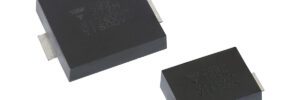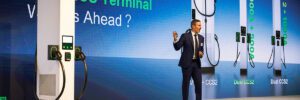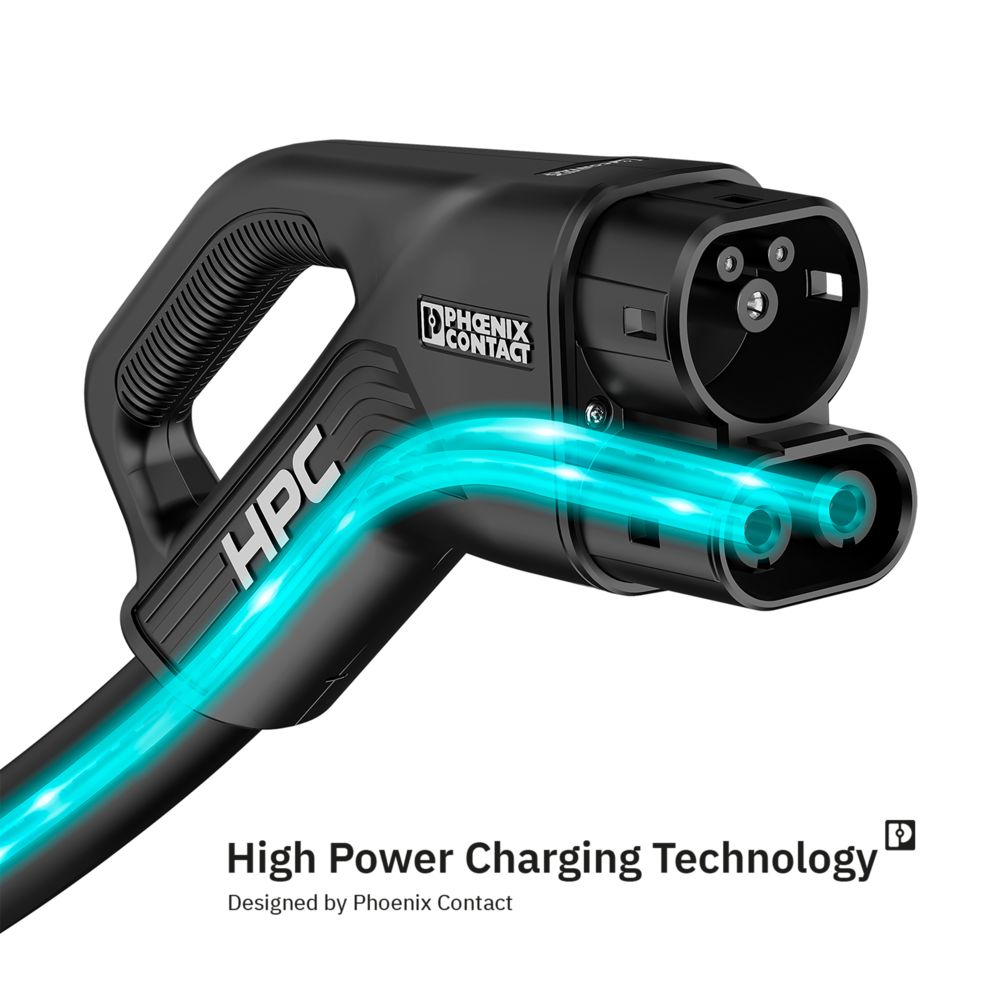
Vishay Intertechnology has released what it claims is the industry’s first series of automotive grade ceramic disc capacitors with a Y1 rating available in a surface-mount casing. The SMDY1 Automotive Series consists of AC line-rated safety capacitors rated for 500 VAC and 1500 VDC, with capacitance up to 4.7 nanofarads, specifically aimed at demanding environments requiring high humidity robustness.
These capacitors are AEC-Q200 qualified and available with Production Part Approval Process documentation. Key electric vehicle applications include EMI and RFI noise suppression and filtering in on-board chargers, traction inverters, battery management systems, e-compressors and AC to DC converters. Vishay notes that the SMDY1 Automotive Series withstands Class IIB humidity conditions according to IEC60384-14 annex I and passes the 85 degrees Celsius, 85 percent relative humidity, 1000-hour test.
The SMD form factor allows for reflow soldering, supporting surface mount assembly methods that reduce manufacturing complexity and cost when compared to through-hole designs. With a flat profile, the design also enables flat casings or backside mounting on printed circuit boards without the clearance needed for leaded capacitors.
The capacitors are constructed from a copper-plated ceramic disc, encapsulated in flame-resistant epoxy resin that meets UL 94 V-0 standards. Vishay lists two available case sizes: a C case for 10 mm creepage and a D case offering 14.5 mm creepage distance. Each device uses a Class 2 ceramic dielectric (Y5U), supports a 500 VAC Y1 or 760 VAC X1 rating, and offers capacitance from 470 picofarads to 4.7 nanofarads with ± 20 percent tolerance.
Samples and production quantities are available with typical lead times of 12 weeks. US pricing ranges from $0.30 to $0.60 per piece. The product is compliant with RoHS and is halogen-free, according to Vishay.
Source: Vishay Intertechnology









